Since I went vegan, I’ve always had a question in my head. How does the world replace cow pies as we start eating less and less beef? I’d talked to people about the cow poop we use to grow crops all over the country, and I never heard a straight answer on what could replace it.
This article from Jessica Fu at New Food Economy touches on a possible option: the microwave.
Last year, the city of Montgomery, Alabama, agreed to pay $32,000 in penalties over sewage sludge—the leftovers that remain after wastewater gets treated—that it had applied as fertilizer on farms. At issue wasn’t the application itself; it was that the sludge was really high in nickel. Too high, in fact. Testing showed that the sludge exceeded limits set by the Environmental Protection Agency (EPA) for the metal by as much as 25 percent, according to a consent decree. Overexposure to nickel can cause allergic reactions, stomach pain, and breathing issues, according to the Centers for Disease Control and Prevention.
Maybe the city should have treated its sludge with more caution. Maybe it should have microwaved it.
As it turns out, electromagnetic radiation can be quite helpful in facilitating the removal of heavy metals from sewage sludge. Scientists recently made this discovery through a crude yet effective method: putting human waste in a kitchen microwave. A team of researchers at the Florida A&M University-Florida State University (FAMU-FSU) College of Engineering found that putting a sludge sample in a 1000-watt Emerson-brand microwave for 10 seconds greatly increased the percentage of metal that could be extracted from it.
But it seems to be complicated too:
“Even if you could theoretically remove all the heavy metals, what is remaining that we’re not focusing on?” asks Amanda Starbuck, senior food researcher and policy analyst at environmental advocacy group Food and Water Watch. The use of sludge as fertilizer has drawn vocal backlash because it can sometimes contain measurable amounts of pathogens—disease-causing microorganisms that include Salmonella, E. coli, and listeria. To market food as organic, farmers aren’t allowed to use biosolids on their fields. Last year, Whole Foods announced that it would not sell produce grown on land treated with sewage sludge.
That said, there’s no consensus about whether biosolids actually impact eater health. And, save for incinerating it, placing it in a landfill, or spraying it onto land—what can we do, practically speaking, about the enormous amounts of human waste that we generate?
I need to learn more about poo.
